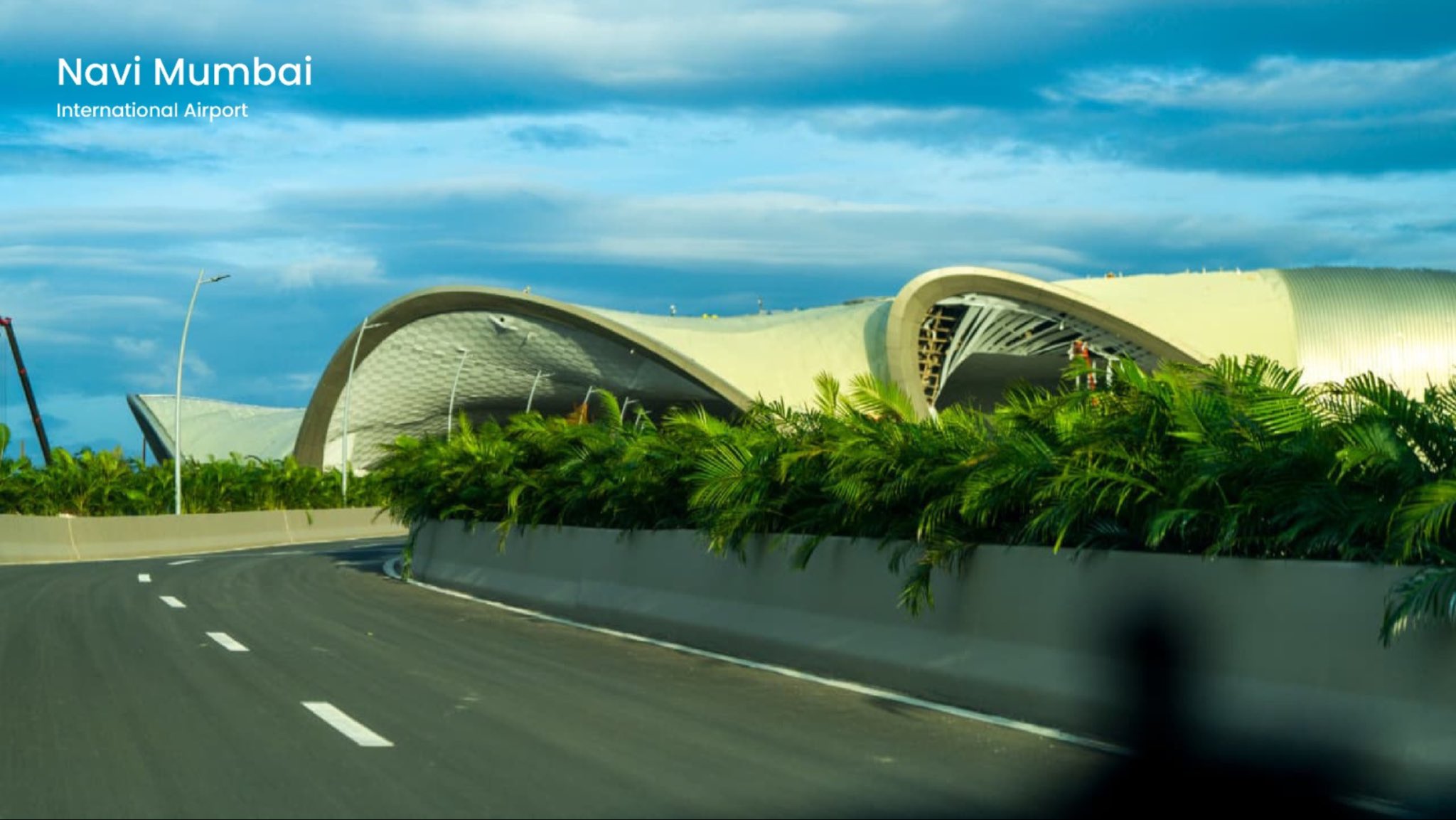After nearly four decades in the making, the first phase of the Navi Mumbai International Airport (NMIA) was inaugurated on Wednesday by Prime Minister Narendra Modi, in the presence of Chief Minister Devendra Fadnavis and Deputy Chief Ministers Eknath Shinde and Ajit Pawar.
The first phase includes Terminal 1 and Runway 1, featuring 10 bus gates and 29 aero bridges. While the airport is now officially open, flight operations are expected to commence soon after final clearances and readiness checks.
Mumbai gets its second international airport
The NMIA is India’s largest Greenfield airport project, developed under the Public–Private Partnership (PPP) model at an estimated cost of ₹19,650 crore. Once operational, it will function alongside the Chhatrapati Shivaji Maharaj International Airport (CSMIA), making Mumbai one of the few cities globally to have two international airports. This will greatly ease congestion at CSMIA, which is among the busiest airports in the country.
World-class design and capacity
Built over 1,160 hectares, the airport has been designed to handle up to 90 million passengers annually and manage 3.25 million metric tonnes of cargo when fully operational.
A key feature of NMIA’s design is the Automated People Mover (APM), an internal transit system connecting all four terminals. Additionally, a landside APM will provide seamless connectivity to city-side infrastructure, ensuring smoother passenger transfers within and around the airport.
Sustainable and future-ready infrastructure
Sustainability has been placed at the heart of NMIA’s development. The airport will include dedicated storage for Sustainable Aviation Fuel (SAF), solar power generation capacity of 47 MW, and a fleet of electric buses for green, last-mile connectivity.
Notably, NMIA will also be India’s first airport connected by Water Taxi, linking it directly to Mumbai via a clean and efficient transport option.
Boost to connectivity and regional growth
The new airport is expected to transform Mumbai’s air connectivity, ease air traffic congestion, and enhance passenger experience through world-class facilities and efficient operations.
Strategically located, NMIA will serve as a key aviation and logistics hub for western India, seamlessly integrating with upcoming metro lines, major highways, and regional transport networks. Its advanced design ensures smooth travel while reinforcing Mumbai’s position as a global gateway city.
